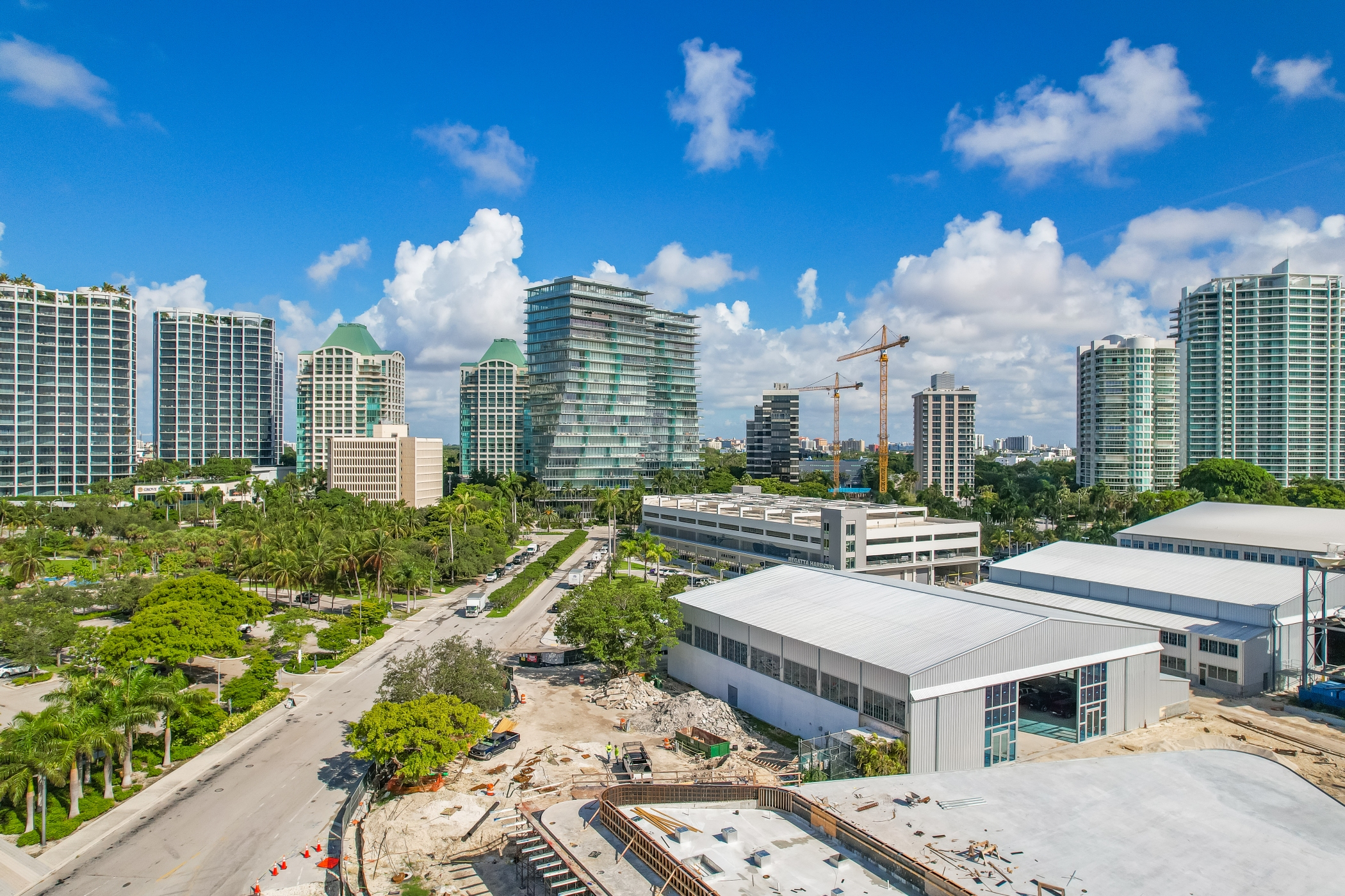A new law enacted in Florida, signed by Governor Ron DeSantis, has sparked controversy and legal challenges due to its restrictions on property ownership by certain foreign nationals. The law bans citizens from seven countries – Cuba, Venezuela, Iran, Russia, China, North Korea, and Syria – from purchasing agricultural land in the state. It also places restrictions on these foreign nationals from buying real estate within 20 miles of airports, U.S. military installations, and other so-called “critical” infrastructure facilities.
Among the affected nations, Chinese citizens who buy land in the restricted zones face the harshest penalties, a provision that has caused particular concern among civil rights and real estate experts.
The American Civil Liberties Union (ACLU) and other legal bodies have criticized the law, arguing that it threatens to violate the Constitution and the Fair Housing Act, which protects homebuyers from discrimination based on race or national origin. They pointed out that the law could perpetuate a historical pattern of discriminating against Asian immigrants and other marginalized communities under the guise of national security.
In response to the law, a real estate brokerage that primarily serves clients of Chinese descent, along with a group of Chinese citizens residing in Florida, has filed a lawsuit. They are represented by a coalition of legal bodies, including the ACLU, DeHeng Law Offices PC, and the Asian American Legal Defense and Education Fund.
Notably, the state law has also caused concern among realtors and real estate experts. Luis Padilla, CEO of Oceanside Realty & Investment Inc. in Florida, criticized the law as being overly broad and potentially harmful to the real estate market in the state. He, along with other critics, fears the law could deter foreign investment, which has been a significant driver of Florida’s real estate market.
According to data from the National Association of Realtors (NAR), Chinese investors alone purchased $6.1 billion worth of real estate property in the U.S. between April 2021 and April 2022. Florida has been a top destination for foreign buyers, accounting for 24% of all international purchases. The new law could potentially impact this influx of foreign investment.
The implementation of the law, which took effect on July 1, also raises practical concerns. For instance, it’s currently unclear how property agents or buyers can accurately determine whether a property falls within the restricted zones. No official list or map of military installations or critical infrastructure has been provided, leaving many in a state of uncertainty.
Furthermore, the penalties for breaching the law are severe, including potential felony charges for Chinese people who purchase property in restricted areas and misdemeanor penalties for buyers and sellers from the other listed countries. Non-compliance with the law could also lead to the seizure of property, a provision that has raised alarm among property owners.
Despite the controversy and legal challenges, Governor DeSantis and other supporters of the law maintain that the measures are necessary for national security and to ensure the availability of affordable food for Floridians. They point out that foreign citizens own 6.3% of all private agricultural land in Florida, and argue that this law is a necessary step to protect the state’s interests.
As the debate continues, the full impact of the law on Florida’s real estate market and its broader implications for civil liberties and international relations remain to be seen.
 +1-305-846-6525
+1-305-846-6525

0 Comments